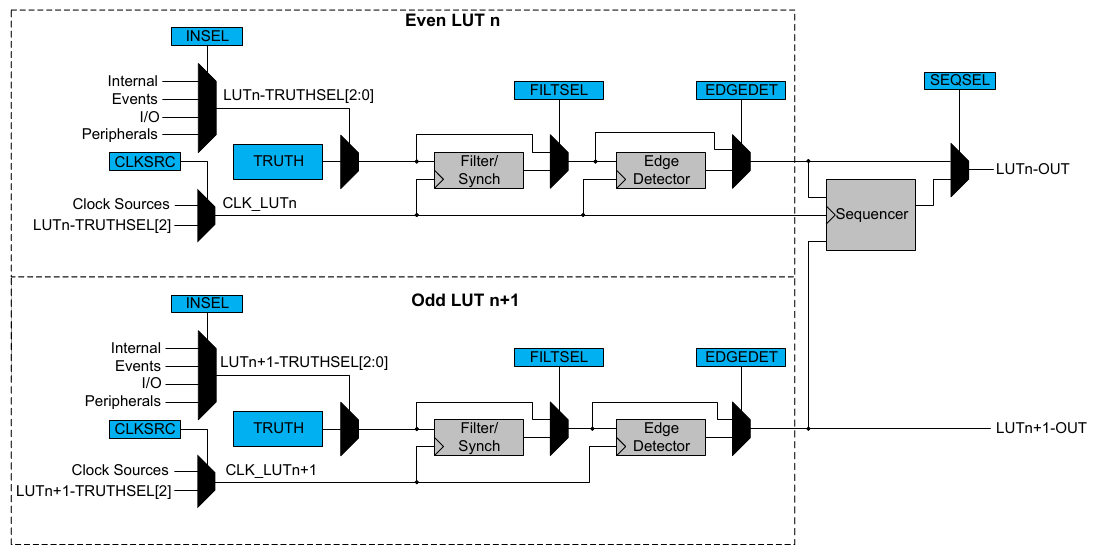How TypeScript Infers Generic Types Automatically — and Why It Matters
This article explains how type inference works in practice, using a real-world utility function designed for API calls. 1. What Is Type Inference? Type inference allows TypeScript to deduce types from context, eliminating the need for explicit annotations. Basic Examples let score = 100; // Inferred as number const nickname = "Nova"; // Inferred as string ypeScript looks at the assigned values and infers the correct types — even without annotations. But the true power of inference emerges when generics and higher-order functions come into play. 2. Automatic Inference in Generic Functions Consider a function that wraps any API call returning a Blob, such as a file download: type ApiMethod = (args: TArgs) => Promise; export function createDownloader(apiMethod: ApiMethod) { return (args: TArgs) => { apiMethod(args).then(saveFileLocally); }; } Here's how inference works in practice: ✅ TypeScript infers the generic type TArgs from the passed function createDownloader(api.downloadPdf)({ filters: { startDate: "2025-01-01", endDate: "2025-01-31" }, }); When createDownloader is called, TypeScript: Inspects the parameter type of api.downloadPdf Infers that it accepts an object with a filters property Substitutes that structure as TArgs — without requiring manual typing ❌ Argument validation is enforced at compile time Passing incorrect arguments immediately triggers a type error: createDownloader(api.downloadPdf)({ wrongField: "2025-01-01", // ❌ Error: Object literal may only specify known properties });

This article explains how type inference works in practice, using a real-world utility function designed for API calls.
1. What Is Type Inference?
Type inference allows TypeScript to deduce types from context, eliminating the need for explicit annotations.
Basic Examples
let score = 100; // Inferred as number
const nickname = "Nova"; // Inferred as string
ypeScript looks at the assigned values and infers the correct types — even without annotations.
But the true power of inference emerges when generics and higher-order functions come into play.
2. Automatic Inference in Generic Functions
Consider a function that wraps any API call returning a Blob, such as a file download:
type ApiMethod = (args: TArgs) => Promise;
export function createDownloader(apiMethod: ApiMethod) {
return (args: TArgs) => {
apiMethod(args).then(saveFileLocally);
};
}
Here's how inference works in practice:
✅ TypeScript infers the generic type TArgs from the passed function
createDownloader(api.downloadPdf)({
filters: { startDate: "2025-01-01", endDate: "2025-01-31" },
});
When createDownloader is called, TypeScript:
- Inspects the parameter type of
api.downloadPdf - Infers that it accepts an object with a
filtersproperty - Substitutes that structure as
TArgs— without requiring manual typing
❌ Argument validation is enforced at compile time
Passing incorrect arguments immediately triggers a type error:
createDownloader(api.downloadPdf)({
wrongField: "2025-01-01", // ❌ Error: Object literal may only specify known properties
});








































































































































































![[The AI Show Episode 145]: OpenAI Releases o3 and o4-mini, AI Is Causing “Quiet Layoffs,” Executive Order on Youth AI Education & GPT-4o’s Controversial Update](https://www.marketingaiinstitute.com/hubfs/ep%20145%20cover.png)













































































































![[Você sabia?] Você já usa Singleton no seu app React sem perceber](https://media2.dev.to/dynamic/image/width=800%2Cheight=%2Cfit=scale-down%2Cgravity=auto%2Cformat=auto/https%3A%2F%2Fdev-to-uploads.s3.amazonaws.com%2Fuploads%2Farticles%2Fotjng15u96co04g0b2fs.gif)













![[FREE EBOOKS] Learn Computer Forensics — 2nd edition, AI and Business Rule Engines for Excel Power Users & Four More Best Selling Titles](https://www.javacodegeeks.com/wp-content/uploads/2012/12/jcg-logo.jpg)





![From Art School Drop-out to Microsoft Engineer with Shashi Lo [Podcast #170]](https://cdn.hashnode.com/res/hashnode/image/upload/v1746203291209/439bf16b-c820-4fe8-b69e-94d80533b2df.png?#)









































































































(1).jpg?#)































_Inge_Johnsson-Alamy.jpg?width=1280&auto=webp&quality=80&disable=upscale#)









































































































![AirPods 4 On Sale for $99 [Lowest Price Ever]](https://www.iclarified.com/images/news/97206/97206/97206-640.jpg)

![Apple Developing AI 'Vibe-Coding' Assistant for Xcode With Anthropic [Report]](https://www.iclarified.com/images/news/97200/97200/97200-640.jpg)
![Apple's New Ads Spotlight Apple Watch for Kids [Video]](https://www.iclarified.com/images/news/97197/97197/97197-640.jpg)


































































































